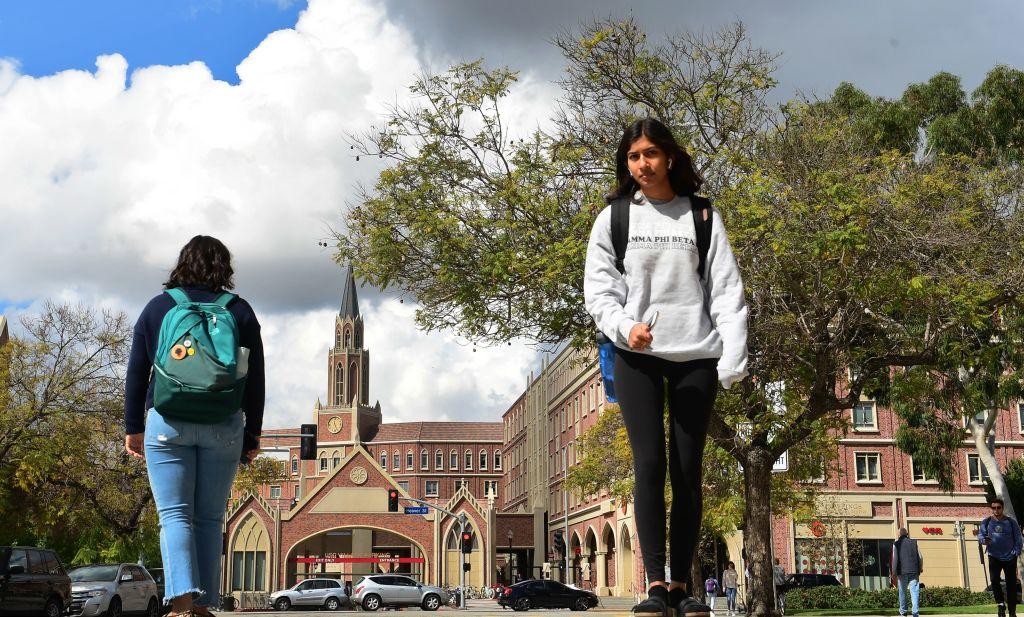California’s Gov. Gavin Newsom signed a bill on Monday that prohibits private, nonprofit colleges from factoring in a student’s connections to alumni or donors in their admissions process.
The legislation will go into effect on Sept. 1, 2025, making California the fifth state in the nation to ban legacy admissions, and the second, following Maryland, to extend this ban to private colleges. Colorado, Illinois, and Virginia have banned legacy admissions in public colleges.





